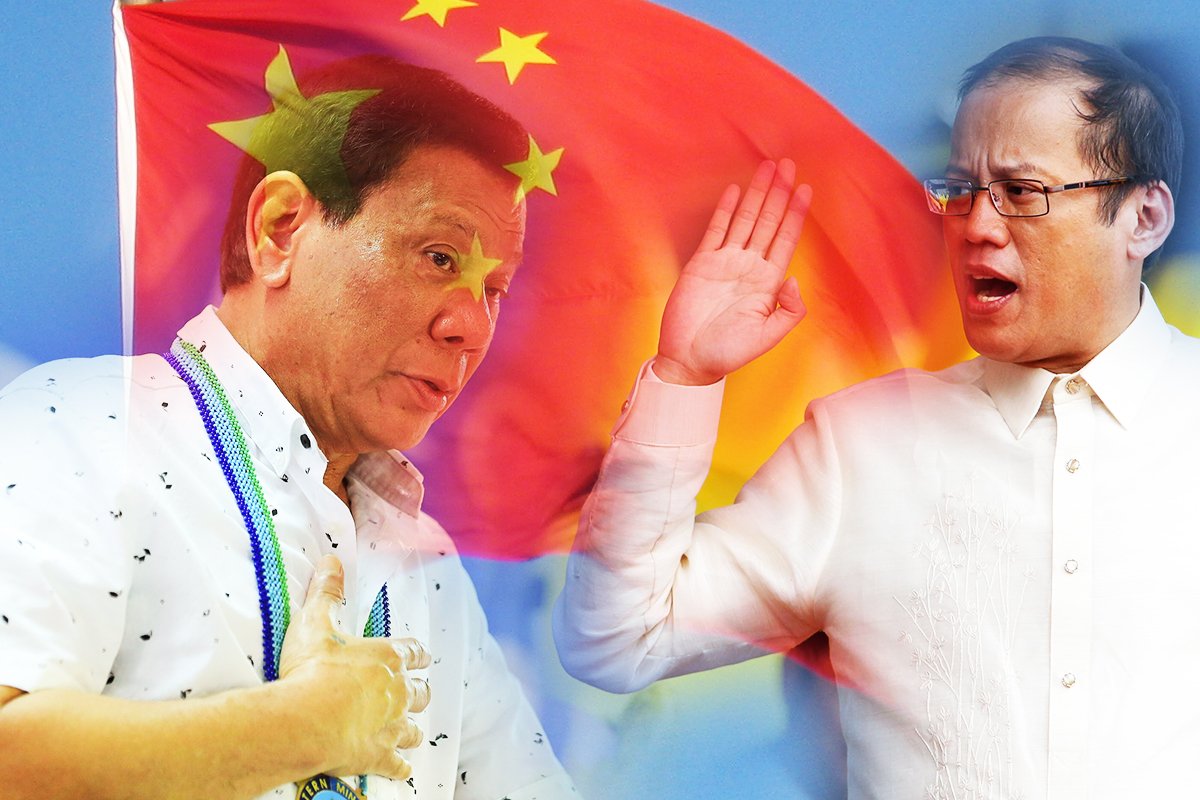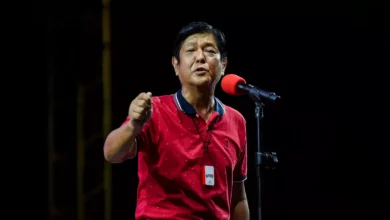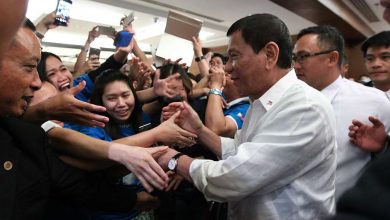
Expert Says Duterte’s China Policy Brought ‘Favorable’ Results
Although the approach has its weaknesses, President Duterte’s China policy has produced “favorable” results according to a foreign policy expert.
Aaron Jed Rabena, an associate fellow at the Philippine Council for Foreign Relations, thinks that Duterte’s “broad engagement with China,” bilateral consultations, and assertion of strategic autonomy from the US produced positive outcome and should not be judged based solely on the “underdog pronouncements” by the president.
“[T]o pass judgment on Duterte’s foreign policy based solely on his underdog pronouncements towards China overlooks the broader gains of his foreign policy. In assessing Duterte’s foreign policy, it is necessary that it be juxtaposed with that of his predecessor, Benigno Aquino III,” Rabena wrote for Australian think tank Lowy Institute’s The Interpreter.
He added that Duterte’s approach led to positive changes in the country’s diplomatic and political relations with non-traditional partners such as China and Russia. This approach—specifically the uncertainty introduced to US-Philippine relations—resulted in the rise of Manila’s strategic value in the eyes of the US with Washington’s better offer of military assets as proof.
Rabena also mentioned the competition between China and Japan with regards to the country’s infrastructure development and structural improvements in the South China Sea and military modernization under Duterte. On top of that, the interceptions of Philippine supply vessels and fishermen have also ceased, he said.
Downside of Duterte’s Policy
Early this month, however, Rep. Gary Alejano (Magdalo) revealed that China’s navy and coast guard harassed a resupply mission for a small contingent of soldiers guarding Ayungin Shoal. There was also a news report where China’s coast guard personnel boarded vessels by Filipino fishermen and took away their catch.
Rabena mentioned some of the drawbacks of Duterte’s policy, including the created impression that Manila is helpless and desperate for China’s economic aid with the president’s “defeatist statements” and the continued militarization of China of the South China Sea.
“[I]t appeared that Sino-Philippine bilateral relations only revolved on the South China Sea. Moreover, China unabashedly carried on with its land reclamation operations,” he said.
He also added that Duterte demonstrated alternative diplomatic strategies in safeguarding sovereign rights and national interests.
“To say the Duterte government has adopted a policy of appeasement may be premature, as the Philippines has not yet lost any of its occupied features in the South China Sea,” Rabena said.
Taking a more proactive foreign policy and avoiding “practising defeatist engagement and accommodation,” according to Rabena, should be done by Duterte’s government.
“It could stop giving voice to statements that imply an inferiority complex, for one. And it could also make a clear a view that the realisation of power, and not just international law, prescribes the interaction of nation-states and the defence of core interests,” Rabena said.
via Philippine Star / Audrey Morallo




